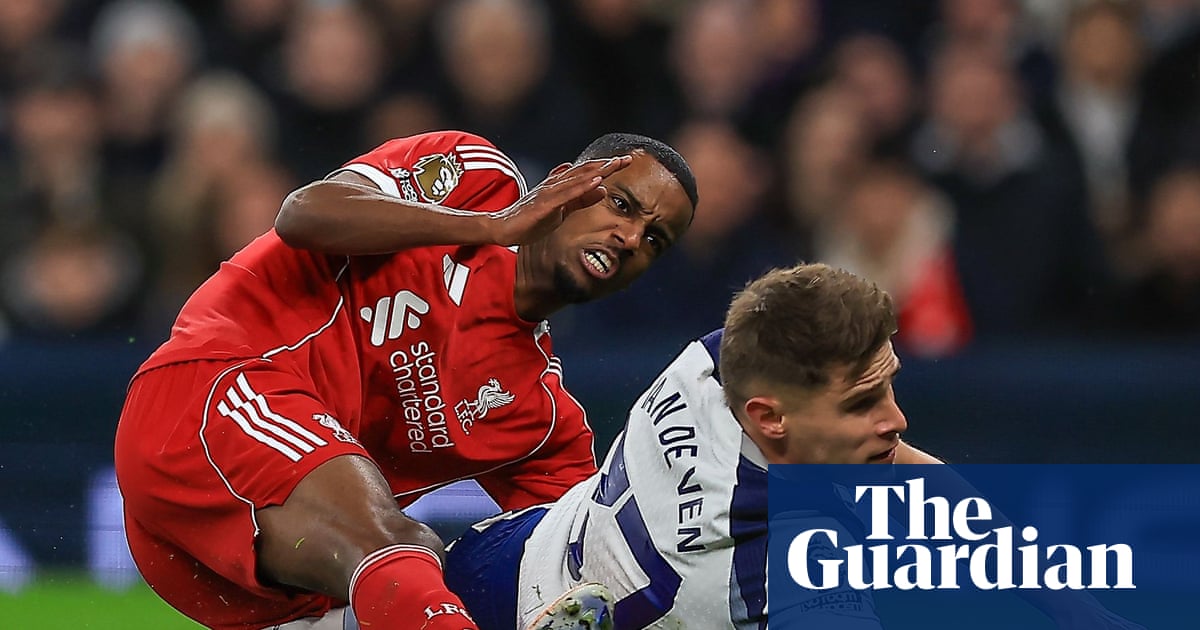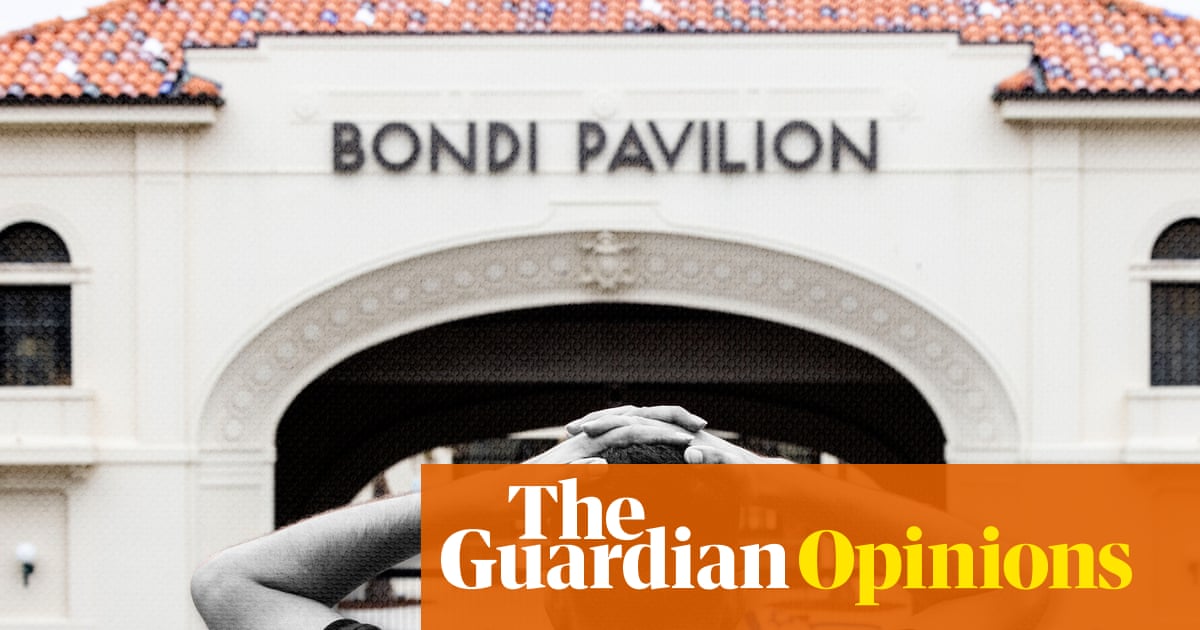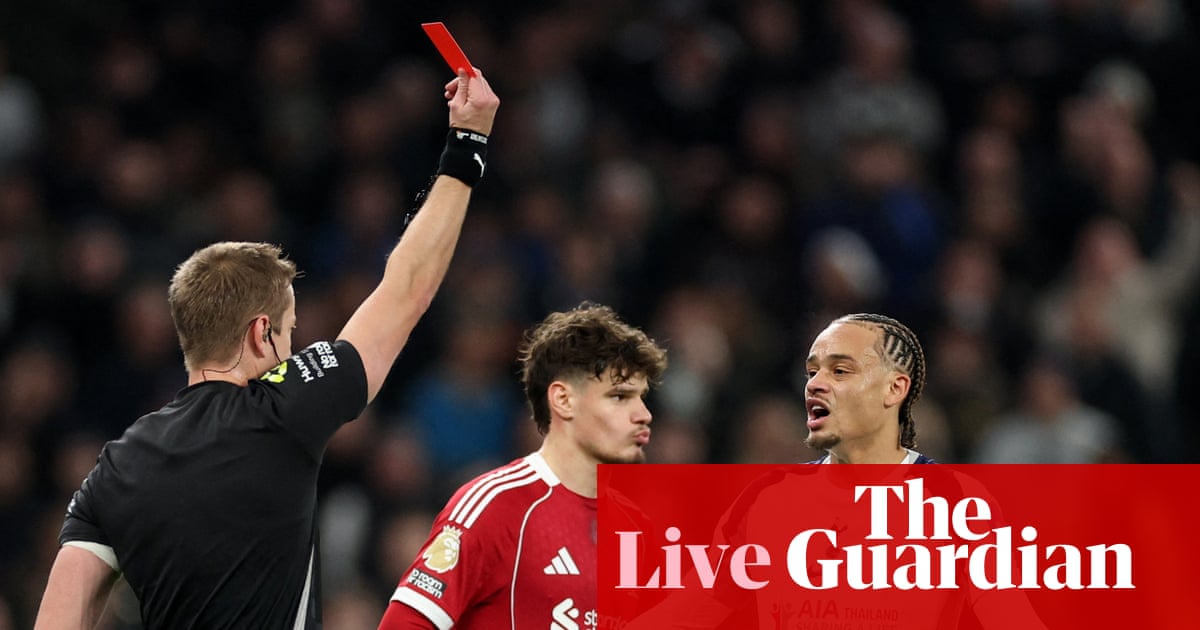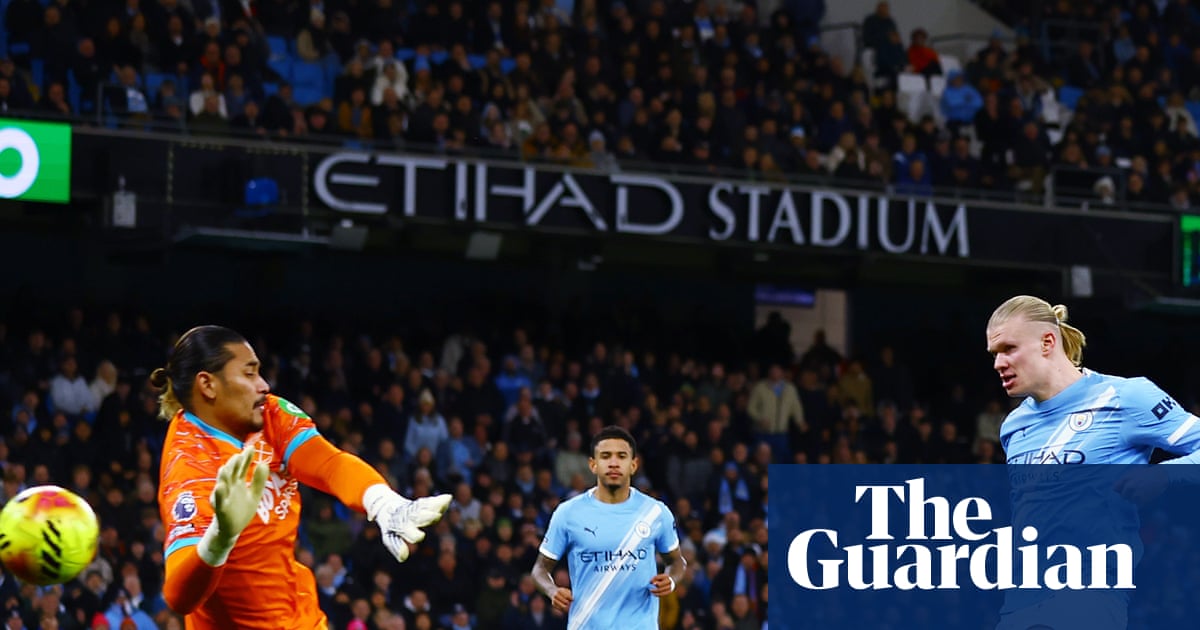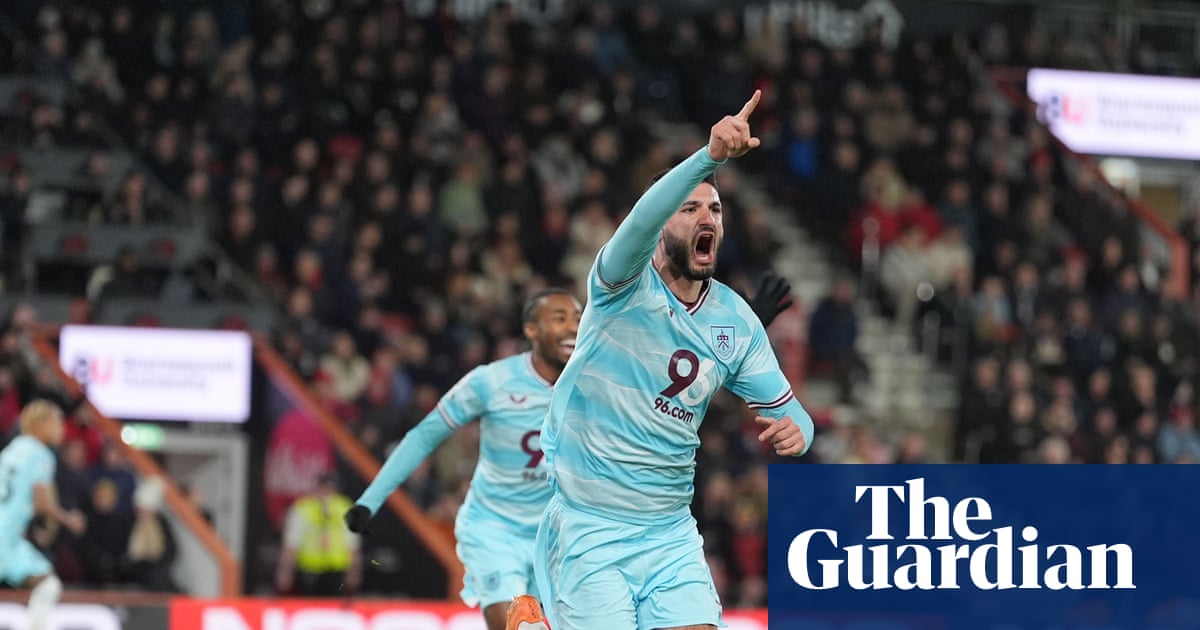A long-coveted deal to slash US steel and aluminium tariffs to zero has been shelved on the eve of Donald Trump’s state visit to Britain, the Guardian has learned.
Ministers were poised to finalise a deal this week that would have reduced Trump’s tariffs on British steel to zero, according to government officials.
But that deal has been put on ice hours before the US president’s arrival in the UK, in what steel industry figures privately described as a major blow.
A government source said the deal would have secured 0% tariffs on just a small quota of British steel exports, prolonging uncertainty for the industry.
Instead, ministers are seeking to agree a permanent “guarantee” that US tariffs on British steel will not go above 25%. Other countries face tariffs of 50% on their steel exports.
However, another government source said that under the deal that had been negotiated, but has now been shelved, the steel export quota would have increased once US concerns about the source of Britain’s raw material imports were resolved.
The disclosure will raise questions about why the proposed deal has fallen apart at the last minute. It marks a fresh setback for Keir Starmer after a difficult two weeks dominated by the resignations of three senior government figures and mounting questions about the prime minister’s judgment.
Meanwhile, Starmer is due to unveil a technology pact with the US involving an estimated £31bn in investment and he announced an AI “growth zone” in north-east England, creating potential for more than 5,000 jobs.
The deal includes a domestic version of the White House’s Stargate AI infrastructure project, in which ChatGPT provider Open AI, the chip manufacturer Nvidia and UK data company Nscale will back a datacentre in Wallsend. Ministers are hoping that deals with the US on technology and nuclear energy this week will give the government a boost.
The trade deal announced by the US and UK in May was supposed to reduce tariffs on steel from 25% to 0%, but its implementation was put on hold over US concerns about the UK becoming a backdoor for cheap steel imports from other countries.
Speaking before his flight to London, Trump had raised hopes of a breakthrough by saying the UK government would “like to see if they could get a little bit better deal, so we’ll talk to them”. Ministers insist that negotiations with the US over reducing the steel tariff to zero are ongoing.
A government spokesperson said: “Thanks to the strength of the UK-US partnership, we are still the only country to benefit from a 25% tariff on steel exports to the US, reinforcing our position as a trusted source of high-quality steel.
“We are continuing to work closely with the US to deliver certainty for UK industry, protect skilled jobs and support economic growth as part of our plan for change.”
Steel industry figures, who had expected a 0% rate on exports, expressed disappointment at the news.
“It’s disappointing – perhaps not 100% surprising,” said one steel industry executive. “Some products might not be possible to sell to the US. Others we can pass it on. It could be worse.
“Getting certainty is sometimes better than just continuing negotiations. That period of uncertainty has been really quite difficult to handle for steel companies.”
Another industry insider said they were relieved that UK exports would continue to have an advantage over those from the EU, which face prohibitive tariffs.
Gareth Stace, the director general of UK Steel, said it would be “disappointing if we do not have the tariff-free quota level” but that a “final decision on 25% offers a degree of certainty and potentially a competitive advantage so long as other countries remain at 50%”.
The prime minister said the £31bn investment deal marked a “generational step change” in the UK’s relationship with the US and would deliver “growth, security and opportunity up and down the country”. He said the partnership would create highly skilled jobs and put “more money in people’s pockets”.
No 10 said the agreement did not involve any regulatory or tax concessions to big tech.
after newsletter promotion
But critics warned the push to secure investments from US tech companies could turn the country into “no more than an aircraft carrier for US big tech”. Others warned of the environmental costs of building huge datacentres.
In all, the pact should see the deployment of 120,000 advanced GPUs – the chips required to power AI – described by the government and Nvidia as the biggest rollout in Europe. There will also be a joint US-UK taskforce on developing quantum computers.
The new AI growth zone is designed to boost construction of datacentres – the central nervous system of AI technology – and will encompass the north-east combined authority, which includes Newcastle, Sunderland and Durham.
The zone will include an already-planned datacentre in Blyth, Northumberland, backed by a £10bn commitment from US investment firm Blackstone.
Other announcements in the tech pact include a multi-year investment by Microsoft, including backing the UK’s largest supercomputer in Essex and multibillion dollar investment commitments from US tech firms CoreWeave and Salesforce.
But Nick Dearden, director of Global Justice Now, an anti-corporate globalisation campaign group, warned that the US investment must not come at the cost of the UK’s ability to tax and regulate new technology.
“If we give it up, we become no more than a source of profit for the richest people in the world to extract our data, water and other resources,” he said.
“Starmer promised to build a strong tech British industry. But this pact is turning us into no more than an aircraft carrier for US big tech.
“This is dangerous and once we’re totally locked into dependence on these gigantic private monopolies we will regret this deal.”
Other campaigners warned of the environmental costs, amid estimates that the Blyth datacentre, which was trumpeted as part of the US-UK tech pact and is being backed by Blackstone, an investment firm led by Trump donor Stephen Schwarzman, will emit the same amount of carbon dioxide as Birmingham airport.
“Following the queasy spectacle of CEOs from tech giants like Google, Meta and OpenAI queueing up to pay tribute at the White House this month, it’s little surprise to hear that the Trump-big tech axis is dead set on covering the UK in hyperscale datacentres,” said Donald Campbell, advocacy director at tech justice non-profit Foxglove.
“Meanwhile, the UK will foot the bill for the colossal amounts of power the giants need – meaning rocketing prices for households – as well as the water needed to keep them cool.”

 3 months ago
572
3 months ago
572





